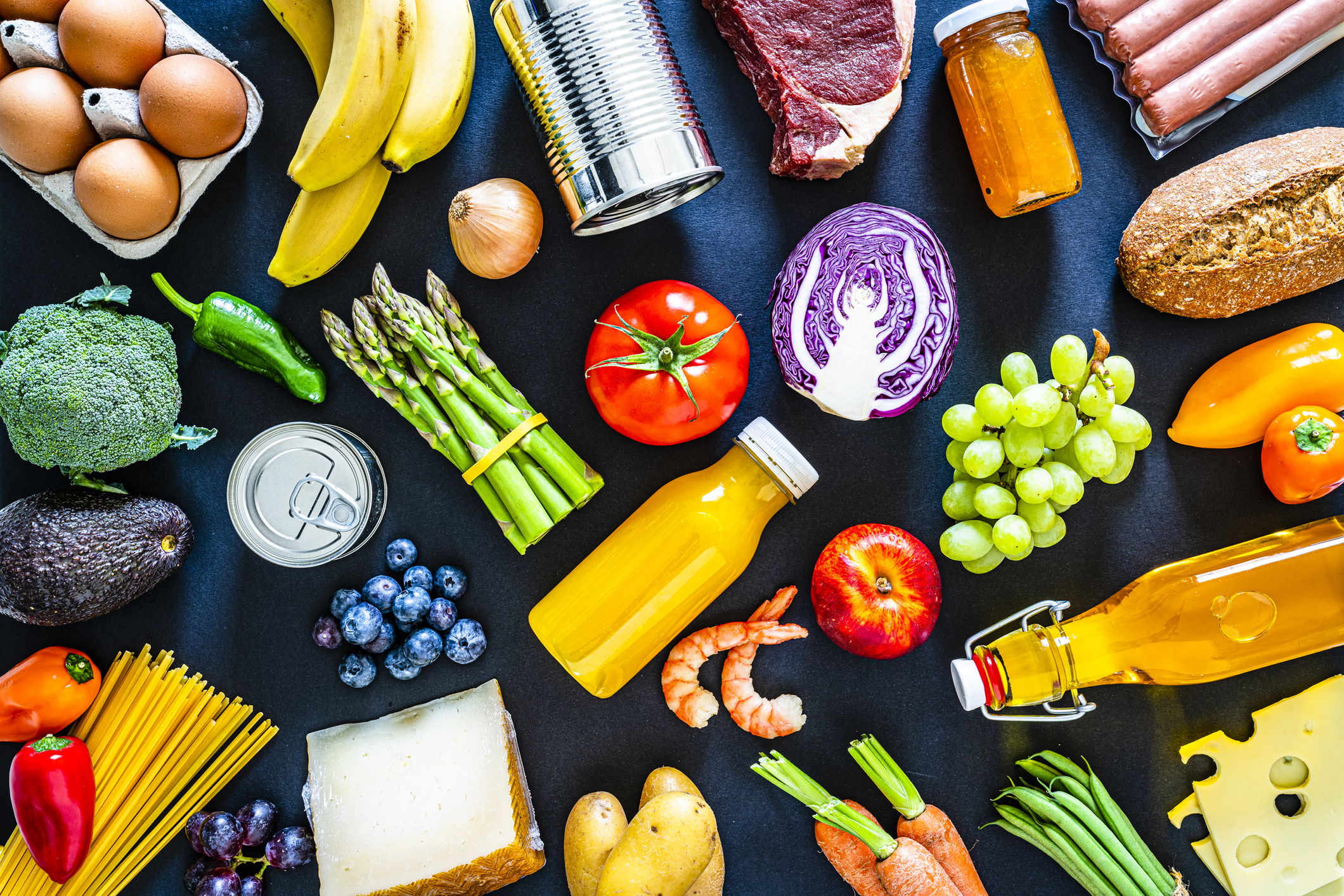
Families can now buy tax-free groceries in Tennessee, thanks to a provision in the Tennessee Works Tax Act. The three-month grocery tax holiday runs through October 2023. Families are expected to save an average of $100 during this time, according to information provided on the Tennessee Department of Revenue (DOR) website.
“In Tennessee, we cut taxes any chance we get because families should keep more of their own hard-earned dollars,” said Gov. Bill Lee when announcing the tax holiday.
But how much families save depends on the type of groceries they purchase. After all, not all food is tax-free during the grocery tax holiday, and there are some exceptions to the rules.
Tennessee tax-free groceries
The grocery tax holiday exempts certain “food and food ingredients” from Tennessee’s state and local sales taxes. The Tennessee DOR defines food and food ingredients as “liquid, concentrated, solid, frozen, dried, or dehydrated substances that are sold to be ingested or chewed by humans and are consumed for their taste or nutritional value.”
So, what does this mean? Groceries that would normally be subject to the reduced 4% Tennessee grocery tax rate qualify as completely tax-exempt during the tax holiday. But if you haven’t been keeping track of which items you pay the higher tax on, the rules for which food items are tax-exempt can be confusing.
For example, frosting is tax-free, but candy is not. And while meal substitutes are tax-exempt, dietary supplements are taxable. Here are some grocery items you won’t pay tax on in Tennessee through October.
- Soft drinks
- Coffee (unless prepared by the seller)
- Ice cream and sherbet
- Bottled water
- Chocolate (only if it’s unsweetened)
- Fruit and poultry
- Dairy products and eggs
- Bread and peanut butter
- Flour and baking powder
- Meat tenderizers and spices
For more examples of food items that are tax-free through October, families can visit the DOR website.
What is not included Tennessee’s grocery tax holiday
Some food items are still subject to sales tax during the grocery tax holiday, and these items are taxed at the full 7% rate (plus applicable local taxes). Pet foods, alcoholic beverages, candy, prepared food and dietary supplements are not tax-free. Below are some additional food items that will be taxed.
- Any food sold with eating utensils (unless they were included by the manufacturer)
- Party trays that contain multiple food items (for example, meats, cheeses and vegetables)
- Any food that is sold warm
- Herbal supplements
- Cake decorations (excluding frosting)
- Dried fruit (only if its sweetened)
- Honey-roasted nuts
- Yogurt-covered raisins
- Candy bars (unless they include flour)
Food tax in Tennessee
Tennessee is one of only 13 states that still tax groceries. While the reduced grocery tax rate is 4% (as opposed to the regular 7% sales tax rate), families are still subject to local grocery taxes, which can reach as high as 2.75%, according to the Tax Foundation.
Despite the tax on groceries, Tennessee ranks as a low tax state for ‘middle-class’ families, largely due to low property tax bills and no state income tax. However, grocery taxes can cause an additional financial burden for Tennessee families, especially when grocery prices are high, and the grocery tax holiday will only provide temporary relief.







